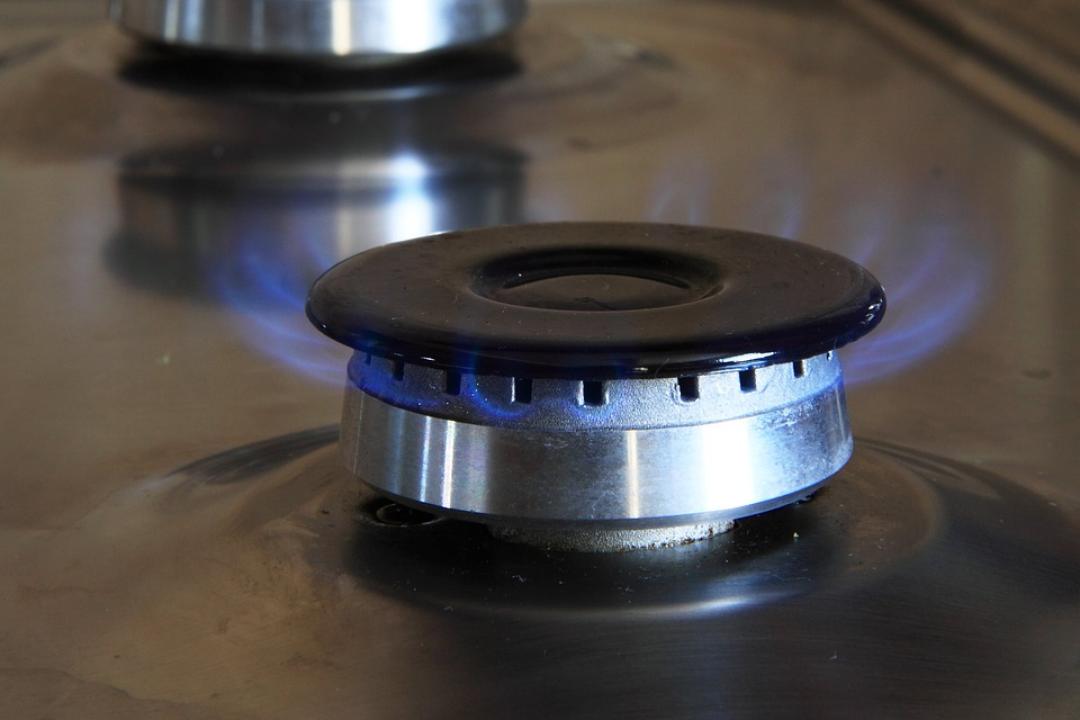
Bulgaria and Romania asked Azerbaijan for additional gas

Bulgaria
Bulgaria intends to hold talks with Azerbaijan on the supply of additional volumes of natural gas in case of blocking the gas pipeline from Russia. This was announced by the Minister of Energy of Bulgaria Alexander Nikolov during a meeting of the sectoral parliamentary commission.
According to him, in the event of problems around Russian supplies, there are "real alternative opportunities, including along the Southern Gas Corridor."
Minister Nikolov argued that it is possible to supply liquefied natural gas through Greece.
Beinning in 2021, Sofia is supposed to be able to access Azerbaijani gas through the interconnector Greece-Bulgaria (IGB) under a contract for the supply of one billion cubic meters of gas per year. Currently, Bulgaria is only receiving a third of this volume through the alternative route due to delays in the commissioning of the IGB. According to the updated schedule, the IGB is scheduled to enter service in July 2022.
The gas pipeline's pumping capacity should be three billion cubic meters, with the possibility of increasing it to 5 billion cubic meters. Half the capacity of the interconnector is already reserved. A contract was signed for the supply of one billion cubic meters of gas from the Azerbaijani Shah Deniz-2 field in the Caspian Sea based on a long-term contract with Bulgargaz.
The leadership of the Bulgarian Energy Holding (BEH) at the end of January this year dismissed the members of the Board of Directors of Bulgargaz. The Minister of Energy Alexander Nikolov explained then that the decision to change the board of directors of Bulgargaz was made following the results of an audit conducted by BEH. The "personnel cleansing" in the Bulgarian gas operator was caused by the fact that its management did not ensure "efficient and timely" supply of natural gas from Azerbaijan.
The IGB Project (Gas Interconnector Greece-Bulgaria) is being implemented by ICGB AD, a joint venture firm controlled by Bulgarian Energy Holding EAD and IGI Poseidon that was founded in Bulgaria in 2011.
In Komotini, the IGB gas pipeline will link to the Greek national gas transmission system, and in Stara Zagora, it will connect to the Bulgarian national gas transmission system. The pipeline, which would run from Greece to Bulgaria, will be 182 kilometres long and have a capacity of up to 3 billion cubic meters per year. Depending on market interest and the capabilities of surrounding gas transmission networks, the pipeline's capacity can be increased up to 5 billion cubic meters per year.
ICGB AD and TAP AG have signed a memorandum of understanding for collaborative measures related to the future connection of the IGB pipeline and the Trans-Adriatic Pipeline.
In terms of boosting supply security and diversifying gas supplies for Bulgaria and the SEE area, the IGB project is crucial.
Romania
The Romanian authorities have analysed the possibility of cutting off gas supplies from Russia and have determined that they can replace it with Azerbaijani gas.
Representatives of the executive power of Romania are already negotiating with Azerbaijanis on obtaining liquefied gas.
Romanian authorities are negotiating and analysing at the highest level so that there is no longer dependence on Russian gas supplies, government sources said. An analysis has already been made of the situation if Russia cuts off gas supplies to Romania.
As a result of discussions, the Romanian government decided to adopt gas supplies from Azerbaijan as a working option. Liquefied gas must go through Turkey, Greece, then to Romania. The Romanian government believes that it is possible to connect all networks to receive Azerbaijani gas.
In fact, over the past few days, Energy Minister Virgil Popescu has been in Azerbaijan, where he discussed energy network issues in the region with officials.
Also, the country's government assured that they could get enough gas from Azerbaijan to replace the Russian one.
See Also


Simonyan: “Armenia Should Trade with Turkey and Azerbaijan Instead of Closing Borders”

Mirzoyan Meets US Deputy Assistant Secretary Joshua Huck

Azerbaijani President Holds Talks with UAE and German Business Delegations on Economic Cooperation

Grigoryan Confirms Armenia’s Readiness to Dissolve OSCE Minsk Group Upon Peace Treaty Signing

